christian hui is a toronto-based hiv+ activist and social worker who is dedicated to bringing awareness to hiv stigma and the importance of treatment. he is a cihr vanier graduate scholar and policy studies phd candidate, and is the co-founder of ontario positive asians (opa+) and the canadian positive people network (cppn). he is also a senior global community advisor at prevention access campaign. in the new year, he will begin work as the north american delegate for the ngo delegation to the unaids programme coordinating board (pcb). this is his story.
i am 43 years old, and i have lived with hiv for 18 years. as a young adult, even though i knew about hiv prevention, just being queer, having been bullied, and experiencing racism, xenophobia and homophobia when i moved to the u.s. as a settler immigrant — all that discrimination impacted me in terms of the choices that i was able to make, for example, how i was negotiating safer sex and connecting with other queer men. so when i was diagnosed, i didn’t take the news well at all. i didn’t see anyone for about six months, and went into a deep depression.
i had internalized the stigma as a queer asian
a friend of mine, who i considered my canadian brother and who passed away a couple of years ago, was active in the community and would link me with services that were fighting the stigma. but the way that i had internalized the stigma as a queer asian, i didn’t want to seek those services. i felt ashamed when i thought about it, i didn’t want to go to the food bank, i didn’t want to see the caseworker, i resisted treatment, all because i was needing to process my diagnosis. and at that time, treatment access was not at its best. to this day, hiv medication is very expensive. then, organizations were recommending people who tested positive to go on disability and i did. my psyche, then, was dealing with the diagnosis, but also with being on social assistance. it was tough because i come from a culture where we’re expected to be professionals — doctors, lawyers, whatever — and i was not any of that. it was a mind-fuck dealing with that and the fear that people might ostracize me. it took me a while to sort through that.
 5 minute read
5 minute read




